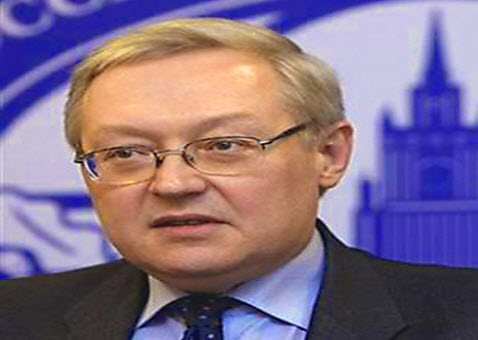
While most of the world was breaking out in glee at the huge changes heralded by the latest negotiations over Iran’s nuclear program, Russia’s chief negotiator who was in the room for the talks said he saw nothing at all to cheer about.
“The results are better than what we had [in the previous round last April] in Almaty, but this does not guarantee further progress. There is no reason to break into applause,” Russian news agencies quoted Deputy Foreign Minister Sergei Ryabkov as saying in Geneva.
“Things could have worked out better.”
Ryabkov said the distance between the positions taken by Iran and world powers on the issue “can be measured in kilometers, while the progress we are making can be measured in single steps.”
He said the main outstanding difficulty concerned “the lack of a general understanding about sequencing”—a reference to Iran’s insistence that Western states revoke their unilateral sanctions before the Islamic Republic scales back its uranium enrichment drive.
Ryabkov especially noted the low level of trust between the two sides despite the heightened expectations going into the two-day meeting.
“The talks were difficult, sometimes intense, and sometimes unpredictable. One of the reasons is the extremely low level of mutual trust—practically the absence of the required level of trust,” Ryabkov said.
Much of the gleeful media coverage has been based on the feeling that “progress” was made in the two days of talks. Western officials, however, have repeatedly emphasized that the “progress” made was that the talks were substantive, unlike negotiating sessions when President Ahmadi-nejad was in office. But they also emphasize that no agreements were made in Geneva other than to meet again next month and continue talking.